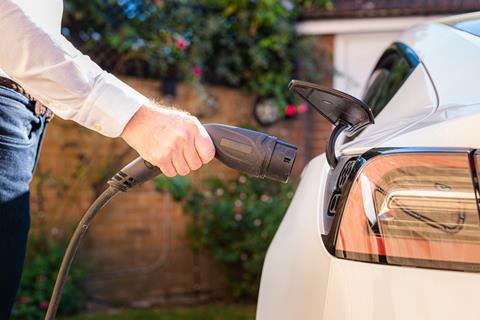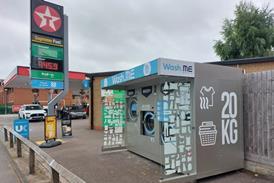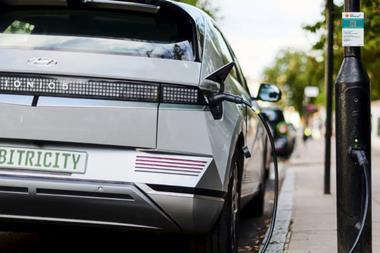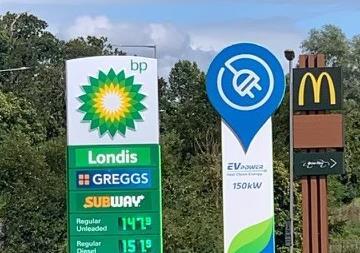
Sales of some new hybrid cars will be allowed until 2035, the government confirmed this week.
In its manifesto Labour had vowed to ban sales of new petrol- and diesel-powered cars in the next six years. The document said that the party would stop the sale of “new cars with internal combustion engines” by 2030 as part of efforts to reach net zero.
Many had inferred from this that new hybrids – which use a petrol or diesel engine in conjunction with a battery – would be included in the ban.
However, the government confirmed today that some new hybrid sales will be allowed until 2035.
At the same time the government denies press reports that this is a watering down of its initial intentions to re-instate the 2030 deadline which the Conservatives, during their time in government, had put back from 2030 to 2035.
In a statement the Department for Transport says: “This is untrue as we have always been committed to restoring the original 2030 phase out date for the sale of new cars with pure internal combustion engines.”
It adds: “The original phase out date included the provision for some hybrid vehicle sales between 2030-35. We know it is important to provide certainty and stability for drivers and will set out further details in due course.”
Gordon Balmer, executive director of the Petrol Retailers Association (PRA), says that he is concerned about the muddled messaging.
“The ongoing lack of clarity regarding hybrid vehicles, and which models may still be allowed post-2030, poses significant concerns,” he says. ”This ongoing ambiguity is a concern not only for our members but for motorists across the country who need clear and reliable guidance to make informed decisions about their next vehicle purchases. A well-defined strategy is essential for ensuring a smooth and effective transition to zero-emission vehicles.”
He adds: “The PRA remains supportive of the move towards a low-carbon transportation system, but this transition must be managed transparently with realistic timelines and robust infrastructure as businesses need to plan effectively. We are committed to working alongside the government to ensure that consumers and businesses are adequately supported throughout this shift.”























